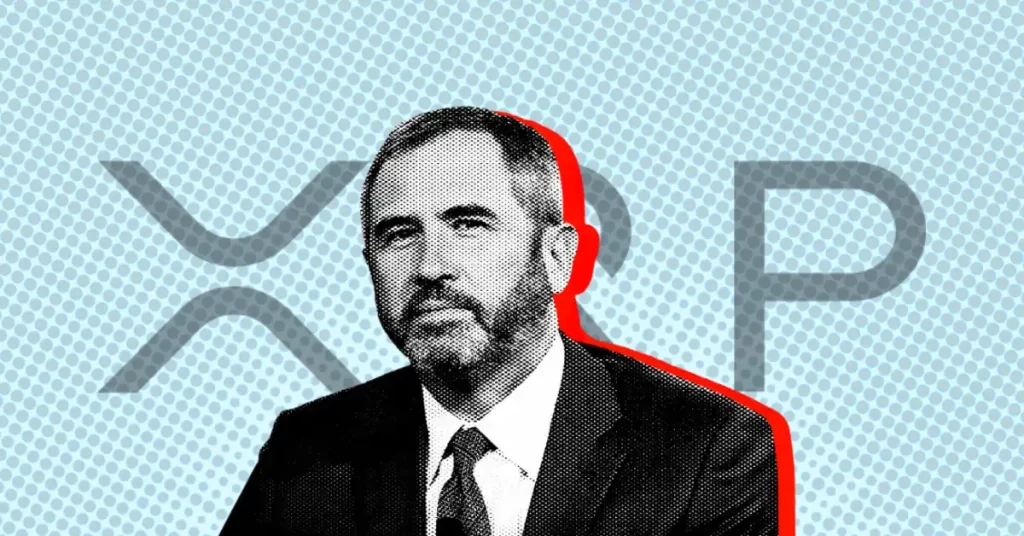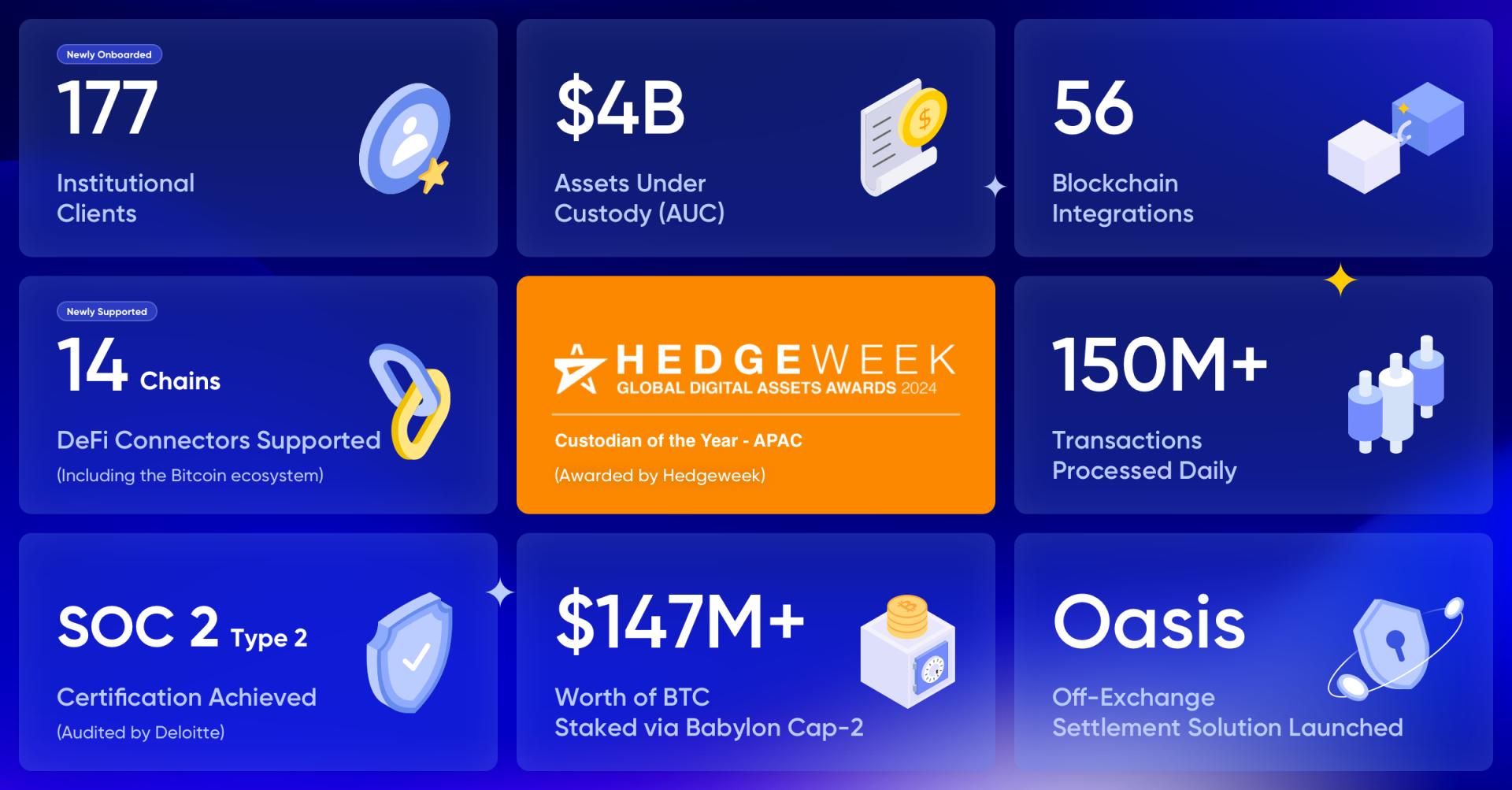
Despite the recent Bitcoin crash, Ethereum (ETH) price today trades at No data found for ethereum on 1 minute ago as of No data found for ethereum on 1 minute ago. Surprisingly, ETH performance during the recent crash is much better than most altcoins. Regardless, Ethereum prices today hit a daily high of No data found for ethereum on 1 minute ago after No data found for ethereum on 1 minute ago% move on December 2.
Ethereum Price Today: Why ETH Shows Strength as BTC Crashes?
Ethereum price performance relative to its peers shows strength and can be attributed to the recent interest as BTC edges closer to $100k. Moreover, Ether’s lacklsuter performance for the first three quarters and even October could have ended with retail and institutional money flowing in. Although Ethereum price has surged decently in the past few weeks, it cannot be compared to altcoins, which has shot up 2x to 10x in just a few days.
Regardless, ETH’s strength shows a paradigm shift that hints at an end of Ether’s boring 2024 performance has ended and that it is ready to compete with top altcoins and even BTC. Furthermore, a sideways movement in BTC or a climb toward $100k could catalyze ETH price to extend its gains.
Ethereum Price Chart Today

*Ethereum price updated as of No data found for ethereum on 1 minute ago.
Ethereum’s innovative smart contract technology has made it a standout altcoin since its inception in 2015. Continuous major network upgrades ensure Ethereum stays ahead in smart contract innovation. The latest upgrade, Cancun, launched on March 13, 2024.
Ethereum Price Forecast
ETH’s year-to-date (YTD) performance continues to increase and currently sits at 33%. This recent slump in Bitcoin price has affected the YTD gains, which have dropped from 50% since November 11. As of December 2, 2024, if you invested $10,000 in ETH on January 1, 2024, your portfolio, after 317 days, would be up roughly $3,317. Ethereum’s market capitalization stands at No data found for ethereum on 1 minute ago.
Ethereum: The Second-Largest Crypto By Market Cap

Ethereum ranks second in market capitalization, valued at No data found for ethereum on 1 minute ago, after Bitcoin’s $1.73 trillion. Together, BTC & ETH’s market capitalization constitutes 83% of the total crypto market cap.
- Solana (SOL): $98.8 billion
- Ripple (XRP): $89.8 billion
- BNB (BNB): $91.0 billion
Despite this recent downtick and recovery, the 24-hour trading volume of Ethereum is No data found for ethereum on 1 minute ago.
Ethereum’s Crypto Trading Volume Soars
The 24-hour trading volume of Ethereum is No data found for ethereum on 1 minute ago. Binance is the largest contributor to this trading volume – about 11% is contributed by spot trading and nearly 40% from futures trading. Exchanges like OKX, Bitget, and ByBit follow Binance.
Ethereum Shifts From PoW to PoS Blockchain Technology
The London hard fork is a significant Ethereum blockchain upgrade. It changed the network from Proof-of-Work (PoW) to Proof-of-Stake (PoS). Ethereum co-founder Vitalik Buterin recently shared his thoughts on X (formerly Twitter). He explained how Proof-of-Stake (PoS) is more decentralized than Proof-of-Work (PoW).
Key Ethereum Blockchain Upgrades in the Past 5 Years
Here are some key upgrades in the past five years that shaped Ethereum as the second-largest crypto by market capitalization.
2024:
-
Cancun-Deneb (“Dencun”): This upgrade aimed to improve Ethereum’s scalability, security, and usability, setting the stage for further enhancements.
-
Shanghai-Capella (“Shapella”): Enabled the withdrawal of staked Ether (ETH), marking a significant milestone in Ethereum’s transition to a Proof-of-Stake (PoS) consensus algorithm.
-
Paris (The Merge): Successfully transitioned Ethereum from a Proof-of-Work (PoW) to a Proof-of-Stake (PoS) consensus algorithm, reducing energy consumption and increasing security.
-
Bellatrix: Prepared the Ethereum network for The Merge by introducing the necessary PoS consensus logic.
-
Gray Glacier: Delayed the “difficulty bomb” that would have slowed down the network, ensuring a smooth transition to PoS.
-
Arrow Glacier: Delayed the “difficulty bomb” again, providing more time for the transition to PoS.
-
Altair: Introduced several improvements to the Beacon Chain, including better validator incentives and enhanced security.
-
London: Implemented the highly anticipated EIP-1559, which reformed the transaction fee market, making it more efficient and user-friendly.
-
Berlin: Introduced several protocol upgrades, including improved gas efficiency and enhanced security features.
-
Beacon Chain genesis: Launched the Beacon Chain, marking the beginning of Ethereum’s transition to PoS.
-
Staking deposit contract deployed: Enabled users to deposit ETH and participate in the PoS consensus algorithm.
-
Muir Glacier: Delayed the “difficulty bomb” to ensure a smooth transition to PoS.
ETH Gas & It’s Effect on Ethereum Price
The blockchain upgrades Ethereum receives aim to solve the trilemma of blockchain, i.e., balancing decentralization, security, and scalability. The switch to Proof-of-Stake (PoS) enhanced these aspects. Ethereum’s transaction fees (gas fees) plummeted post-upgrade, drawing more investors. Gas fees are like taxes, measured in Gwei, required for secure transactions.
As of December 2, the gas fee for a transaction on the ETH network as of No data found for ethereum on 1 minute ago is 14 Gwei.
When Ethereum’s on-chain value grows, presenting opportunities, investors flock, driving gas fees up. This typically occurs during market upswings, peaking at all-time highs.
The post Why Ethereum Price Today Remains Strong Despite BTC’s Crash appeared first on CoinGape.

 1 month ago
25
1 month ago
25








 English (US) ·
English (US) ·